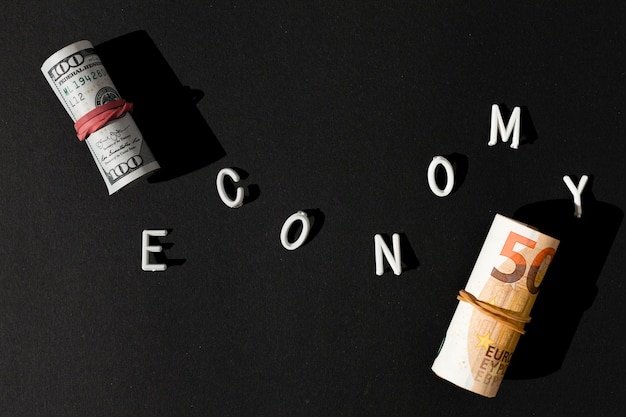
When I had a job in hospitality, a wealthy family came in one day with their daughter, who had just lost a tooth. I asked her if she was expecting a shiny coin from the tooth fairy, and her mother said, “Money isn’t very important to us. The tooth fairy usually brings nail polish or a small toy.” This made me realize that this kid probably has no concept of money. She likely doesn’t have an allowance, given the family’s stance that “money isn’t important.” Everything she wants or needs just seems to appear out of nowhere. She was sweet and far from spoiled, but what about learning how money works?
Her parents were expatriates, living a luxurious life in Guatemala. They had a shiny SUV, bodyguards, maids, and babysitters around the clock. The kid attended a private school with tuition comparable to American prep schools and was likely destined for an Ivy League college in the future. But without any financial education, how will she manage things like rent, food, clothing, or entertainment expenses one day?
I also met a 25-year-old man who wasn’t allowed to carry cash and used only a credit card that his father monitored and paid off. The dad was so controlling that he wanted to know exactly where the money was going. How do you learn the value of money if you never really understand its cost? Using a card is different from earning cash and managing bills yourself.
Whether you’re a trust fund kid with millions at your fingertips by age 21 or from a middle-class family that couldn’t afford to give you an allowance, lacking financial education as a child can lead to financial trouble later in life.
Why aren’t parents responsible for their kids’ financial education?
Not enough money: When parents are struggling to pay bills, it’s hard to talk to kids about money. They may not know how to manage it well themselves and might feel guilty or embarrassed to admit their mistakes.
Too much money: Some parents think ignoring money makes it less of an issue for their kids. But this approach denies kids the chance to learn the true cost of things, the value of hard work, and the importance of delayed gratification.
Assuming school will do it: Many parents think school will teach their kids about life, including finances, but this isn’t always the case. Just as you can’t rely on schools to teach sexual education adequately, you can’t expect them to cover financial literacy thoroughly.
What can you do?
The best way to prepare your children for real life, including managing money, is to involve them early on. This is the idea behind unschooling, where kids learn by experiencing real-life situations rather than following a strict academic program.
Introduce money as early as possible. From the moment they can count, they can learn to count money. Play shopkeeper games or give them an allowance to help them learn about spending and saving.
Assign tasks fit for their age. Take them to the grocery store, study prices, calculate the cost of recipes, or discuss how long they’ll need to save for something they want.
Encourage entrepreneurship. Kids have different personalities and strengths. Some might enjoy selling things or teaching others, like I did with piano lessons. The key is to support whatever entrepreneurial activities they show interest in.
Set some rules. My parents gradually shifted from providing everything to just food and shelter, making me pay for my fun and clothes. By 17, I was living independently and paying for college. Create rules that suit your household but stick to them. Adjust allowances for good grades or chores, for example.
Communicate. Kids pick up on your emotions. If money is tight, they will notice. If you splurge on something for yourself but can’t afford a field trip for them, they’ll need an explanation. Always explain what’s happening and why certain spending decisions are made to avoid leaving them confused.
The original article was featured on websites like Frugal Rules, The Carnival of Wealth, The Money Principle, and Money Bulldog. Thank you!
